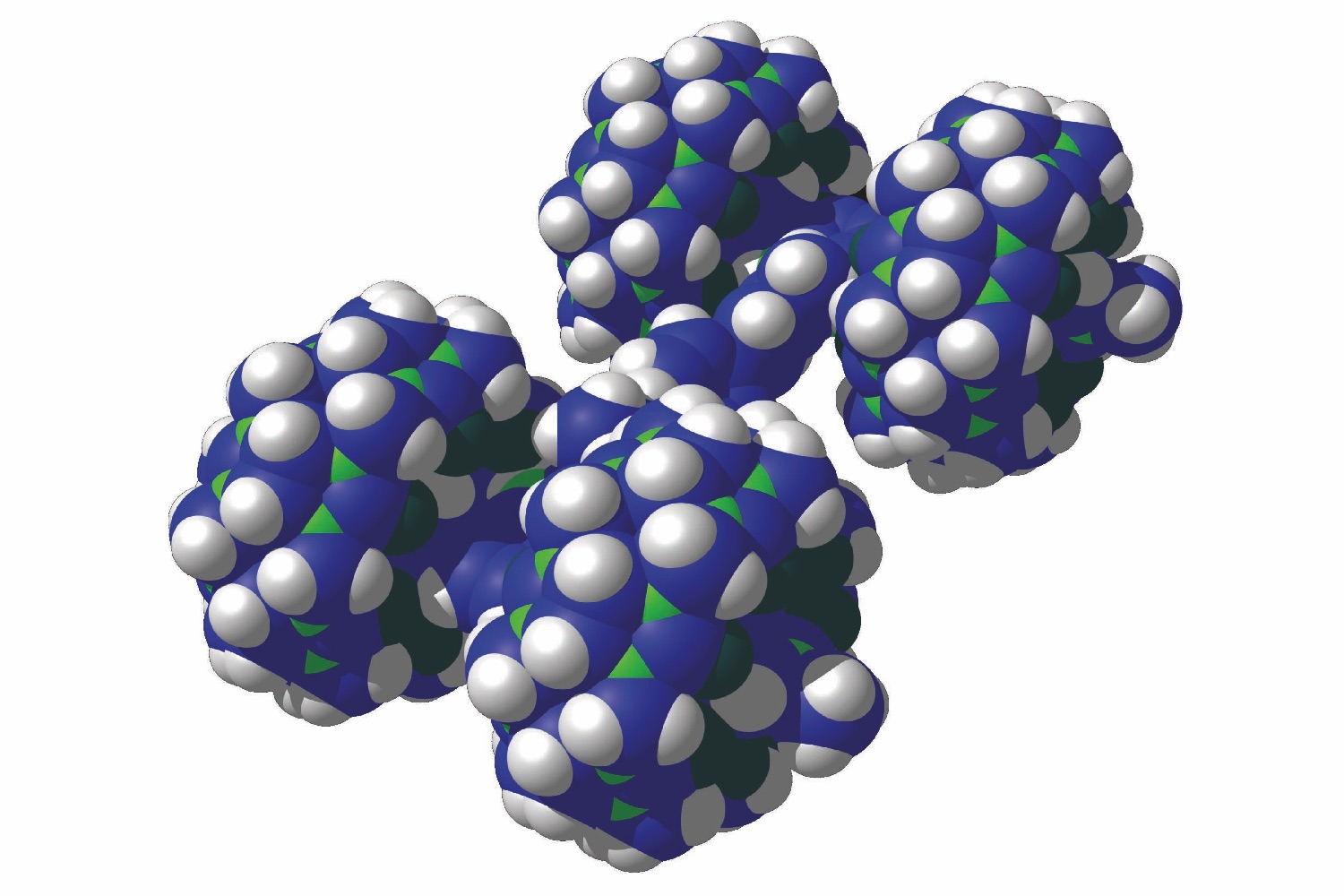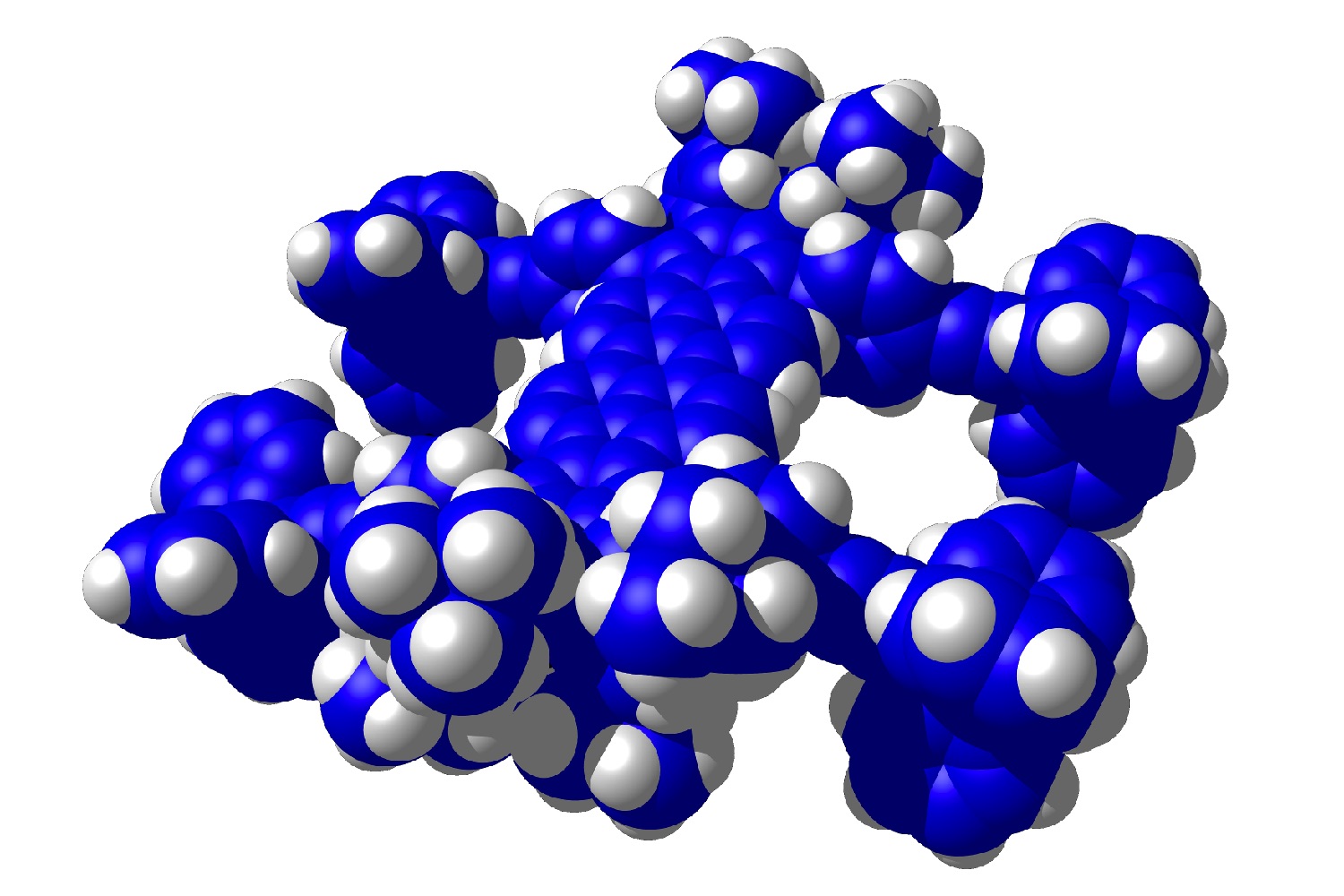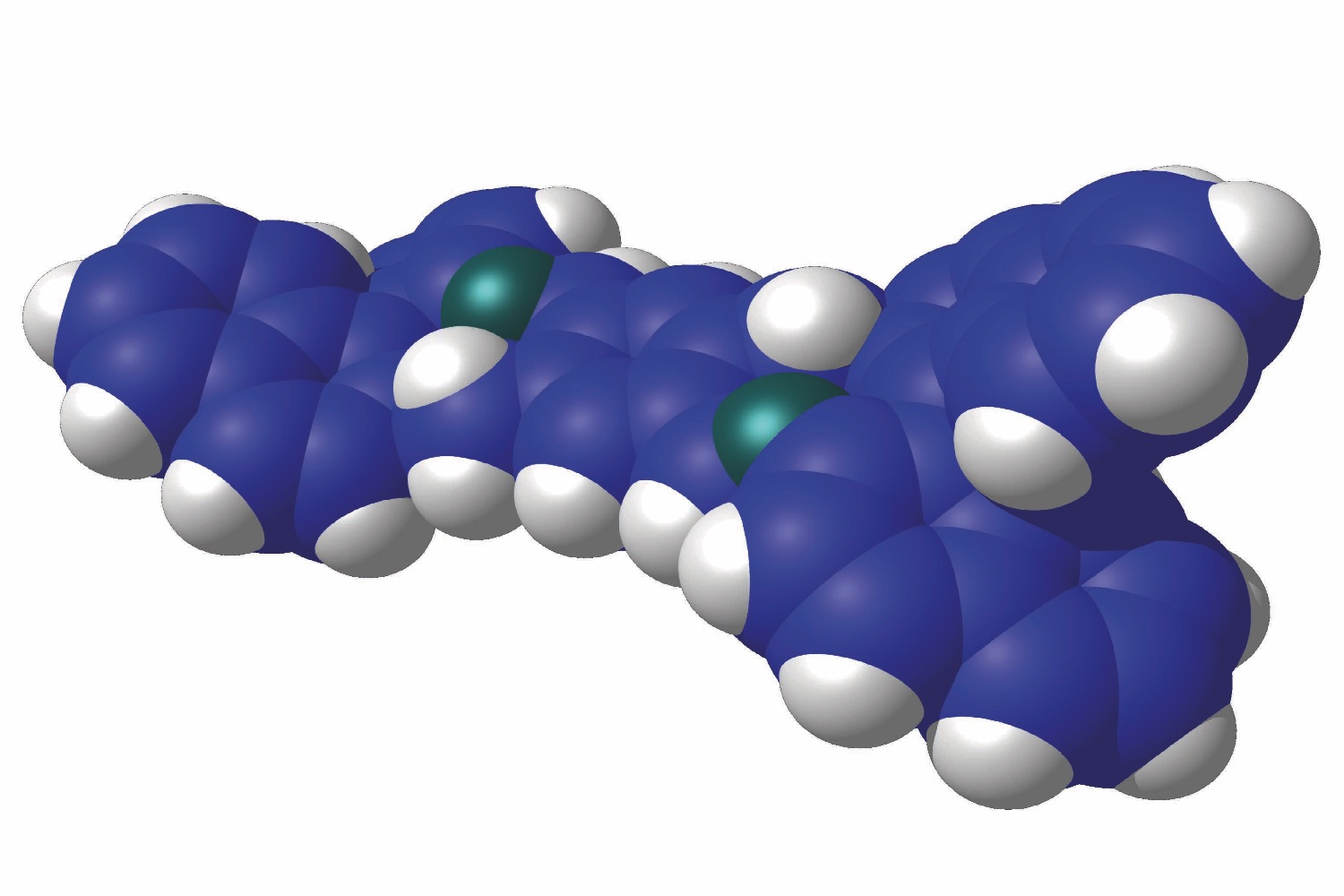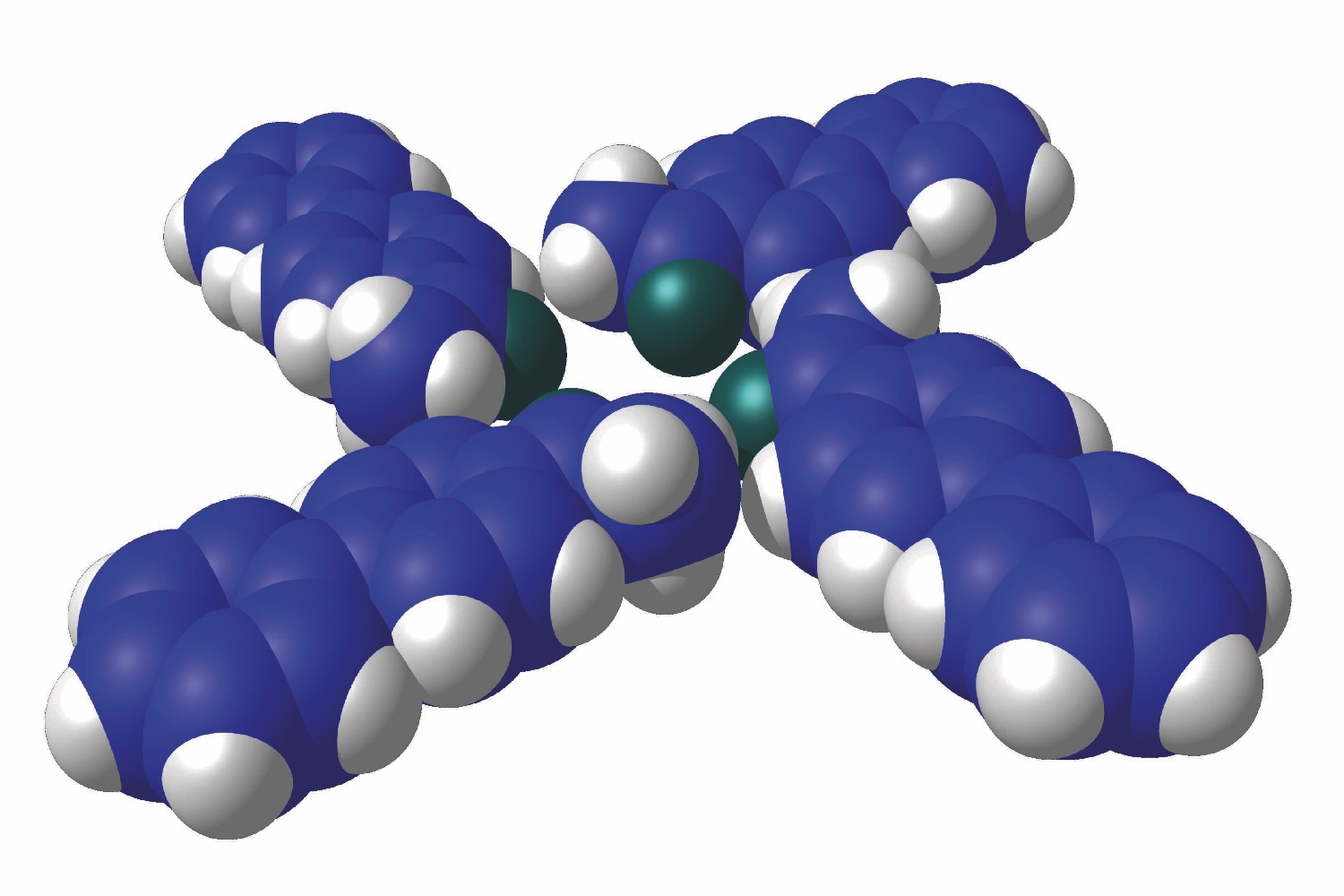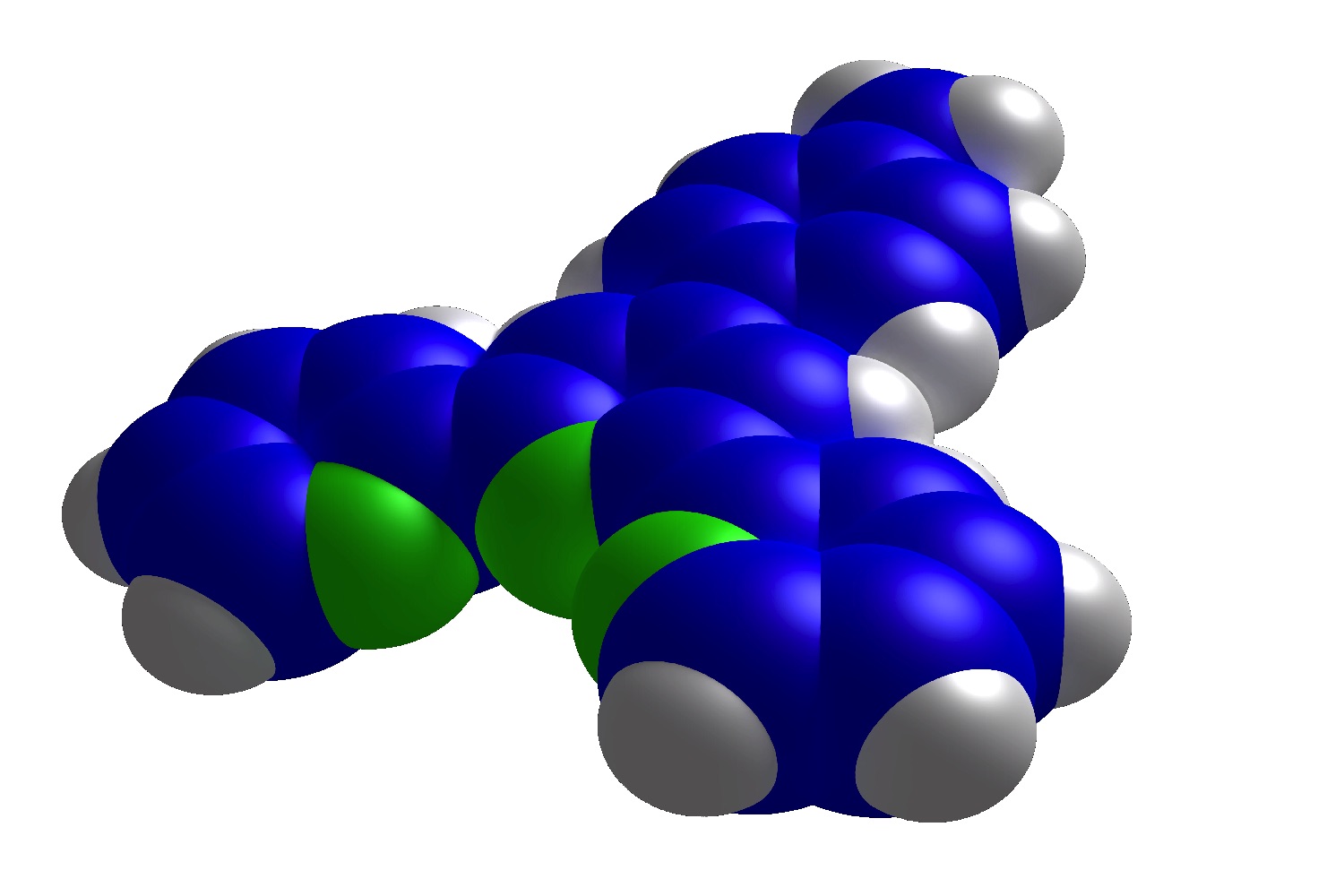Welcome to an upcoming contest physically taking place in Toulouse, France, but streaming live over the internet courtesy of the magic of YouTube. Called the Nanocar Race, the event will pit four single-molecule, human-controlled “vehicles” up against one another in a race to the death … or at least the end of a 0.0001 millimeter length of track.
“We started out by thinking about designing a molecule with wheels, and eventually we started realizing that it would be possible to drive it,” CNRS senior researcher Christian Joachim, one of the brains behind the project, told Digital Trends. “That’s when we thought about creating a competition.”
Four teams from around the world will compete in the final race, since that is the number that can be tracked at the same time using the lab’s adapted scanning microscope. Propulsion for each of the cars is provided courtesy of tiny electrical pulses from microscope tips, while human operators will also be needed to handle the two turns the mini-speedsters need to make.
“It’s a real experiment in real time,” Joachim continued. “It’s like launching a rocket. We considered both streaming it live or recording it and then showing it after. We asked all of the team, as well as our sponsors, and everyone thought we should take the risk of doing this in real time.”
If you’re interested, you can tune in and watch the whole thing live on YouTube on the Nanocar Race channel on April 28. It’s a truly unique concept, and while some may scoff at the idea of turning serious nanoscale research into a sporting competition, there’s no doubt that the idea has already captured people’s imaginations.
“The nanocar is just one part of the work we’re doing with single molecules,” Joachim said. “There are two or three trends at the nanoscale right now: the other two being getting molecules to calculate and to transmit information. Nobody cares. But if you say that you can make a molecule into a car? Suddenly people get excited. It seems that mechanics are a more accessible entry point than electronics.”
We think you’d have to be pretty small-minded not to get excited.
Editors' Recommendations
- Google brings back humans to take over moderating YouTube content from A.I.
- Facebook to take on Twitch and YouTube with a stand-alone gaming app
- Amazon Prime, YouTube, and Netflix agree to throttle streaming quality in Europe
- Overwatch League, Call of Duty League to exclusively stream on YouTube
- YouTube creator PewDiePie says he’s taking a break from making videos
